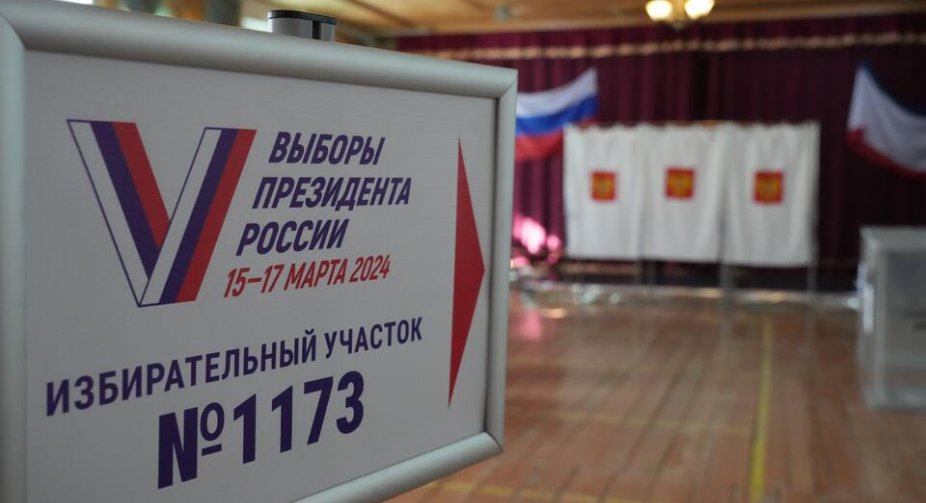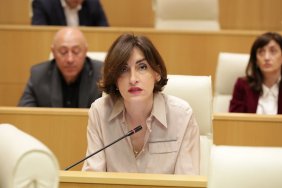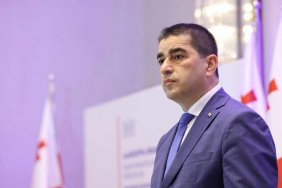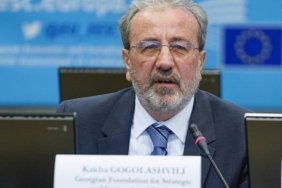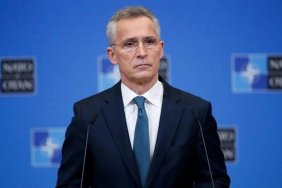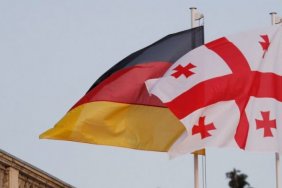Voting has commenced in Russia for the presidential elections scheduled from March 15 to 17, with four candidates participating in it - incumbent President Vladimir Putin, Communist Duma deputy Nikolai Kharitonov, Liberal-Democratic Party leader Leonid Slutsky, and Duma vice-speaker from the New People party Vladislav Davankov.
Putin, supported by an initiative group, is running independently, while the other candidates are nominated by their respective parties. None of the candidates openly criticizes Putin or condemns Russia's involvement in the conflict in Ukraine.
The Central Electoral Commission of Russia has rejected the presidential candidacy bids of politician Boris Nadezhdin and journalist Ekaterina Duntsova, both of whom openly criticize Russia's actions in Ukraine.
The Central Election Commission reports a total of 112,309,947 eligible voters within Russia and 1,890,863 abroad.
Russia continues to assert sovereignty over territories it occupies in Ukraine, including Donetsk, Luhansk, Kherson, Zaporizhia, and Crimea, despite international condemnation.
Russia is conducting presidential elections in occupied Georgian territories of Abkhazia and Tskhinvali, recognized by Moscow as "independent republics," where a significant portion of the population holds Russian citizenship. The international community strongly condemns Russia's organization of elections in these occupied regions.
There is little doubt within Russia that Putin will secure his fifth presidential term, given the constitutional amendments passed in 2020. Under these amendments, Putin is eligible for two additional terms, potentially extending his presidency until 2030. This comes after his initial two terms from 2000 to 2008 and subsequent terms in 2012 and 2018, the latter being extended to six years each following the 2008 constitutional amendment.
